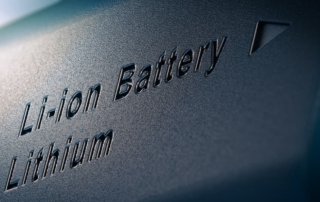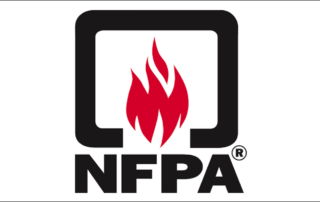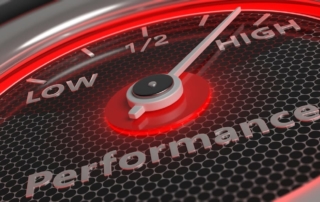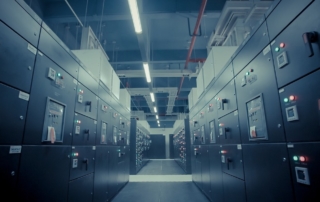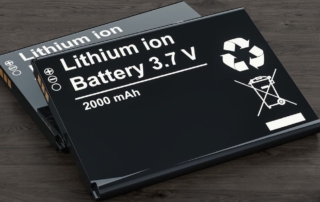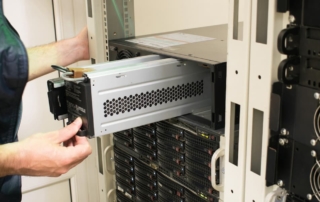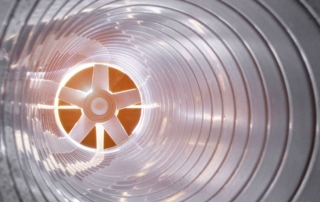A Blueprint for Consolidating your Data Center
So, you’re contemplating consolidating your data center. Let us help! We’re here to provide you with step-by-step directions if you choose to consolidate. A major driver behind data center consolidation is the outsourcing of enterprise IT functions to the cloud to enable greater efficiency and scalability. As enterprises migrate their data centers, IT infrastructure processes, and computing platforms to the cloud, many seize the opportunity to realize cost savings by consolidating on-premise data center equipment and space. Many IT professionals already have running, consolidated data centers and are finding the operational, financial and competitive advantages of consolidation are clear. Most [...]

